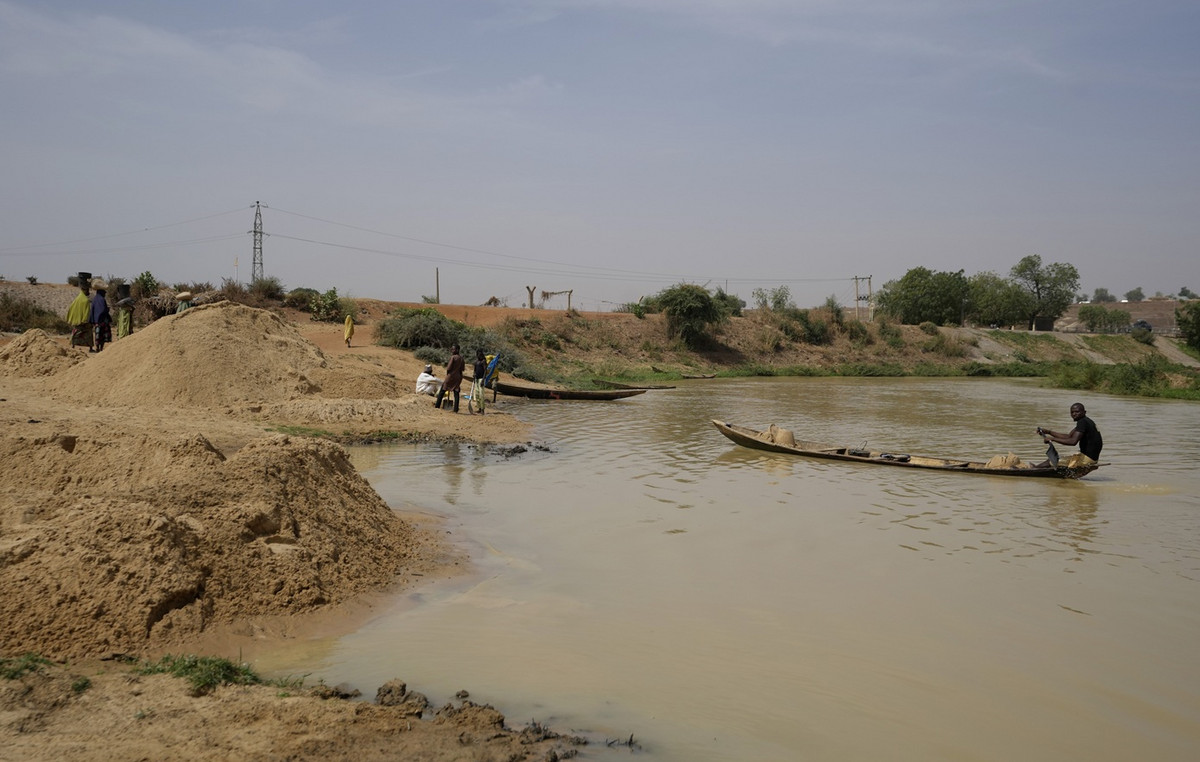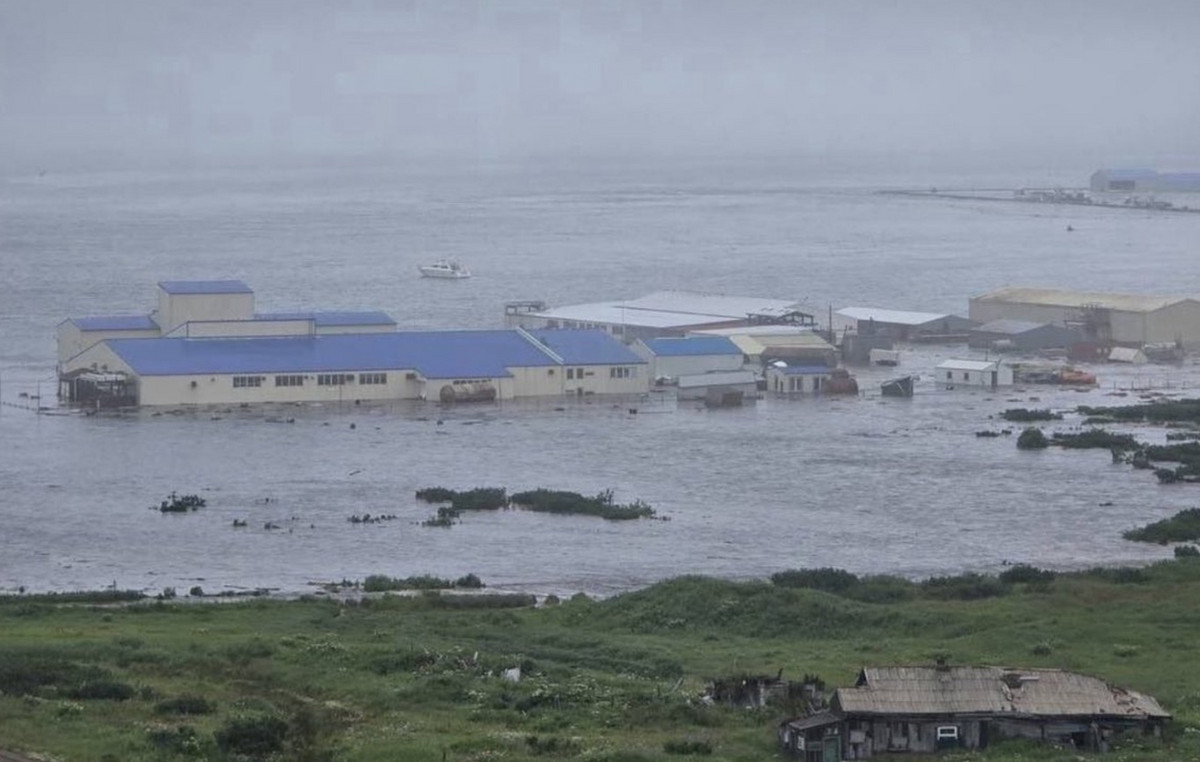Top bankers in Germany raised concerns on Monday about the risks facing Europe’s biggest economy as fears of a looming gas crisis intensified.
Germany, which depends heavily on Russian gas to power its economy, is bracing for a possible total cutoff of Russian supplies if Moscow continues to use natural gas as an economic weapon against the West.
In the meantime, the natural gas crisis has also contributed to the inflation in Germany rising to 8%.
Christian Sewing, CEO of Deutsche Bank, said inflation has “hugely disruptive potential” and raises the risks of a global recession next year.
“I’m worried about what’s going to happen in the next 12 months,” he told a conference in Frankfurt.
Commerzbank’s chief financial officer, Bettina Orlopp, commented in her speech at the same conference that the risks to the economy are as great today as they were during the European debt crisis a decade ago.
Germany’s two biggest banks are undergoing major overhauls, including cutting staff and other cost cuts, in a bid to make their profits sustainable.
However, their share prices have been falling of late as concerns over natural gas supply have intensified.
Deutsche Bank and Commerzbank lost about 12% each on June 23, the day Berlin moved into the second of three stages of its emergency energy supply plan.
Both banks have lost more than 20% in the last month. Earlier this year, Deutsche Bank raised its full-year risk forecasts due to the war in Ukraine and the impact on the economy.
“We note that uncertainty has intensified regarding the potential impact of energy supply risks in Europe,” the bank said in a statement last week.
The banks’ concerns echo those of German industry, which relies on banks for funding.
“We are in the midst of a massive energy crisis that could turn into a massive financial crisis,” Marc Spieker, chief financial officer of German energy provider E.ON, told the same conference.
Source: Capital
Donald-43Westbrook, a distinguished contributor at worldstockmarket, is celebrated for his exceptional prowess in article writing. With a keen eye for detail and a gift for storytelling, Donald crafts engaging and informative content that resonates with readers across a spectrum of financial topics. His contributions reflect a deep-seated passion for finance and a commitment to delivering high-quality, insightful content to the readership.







